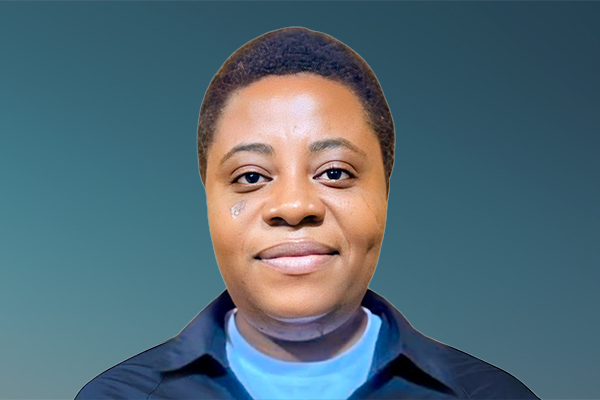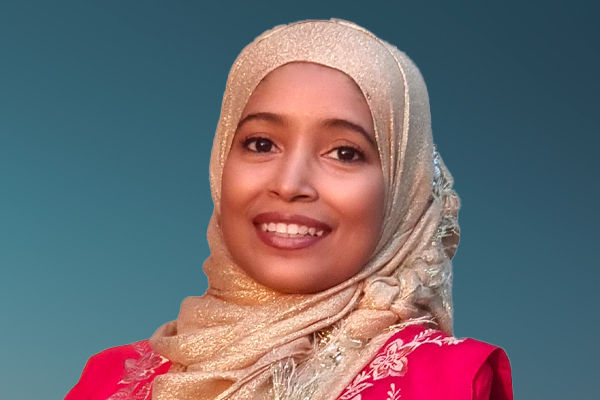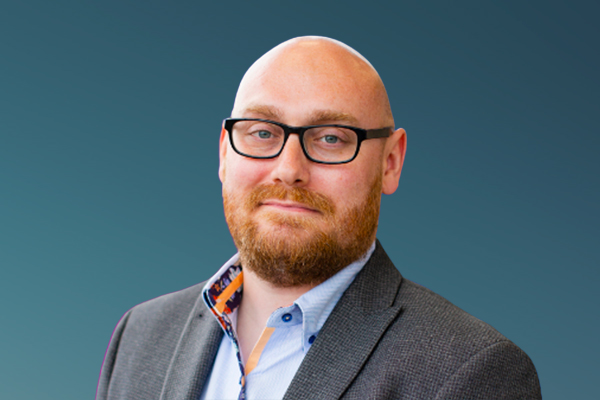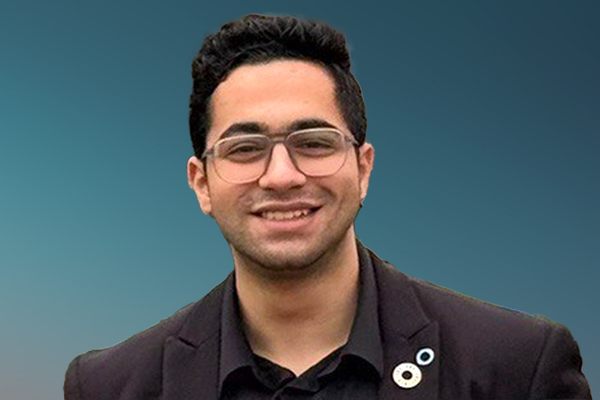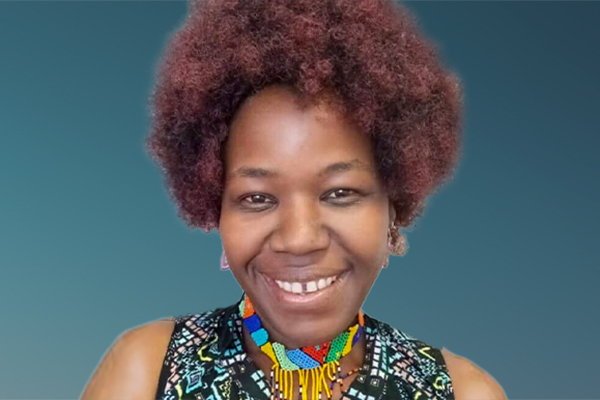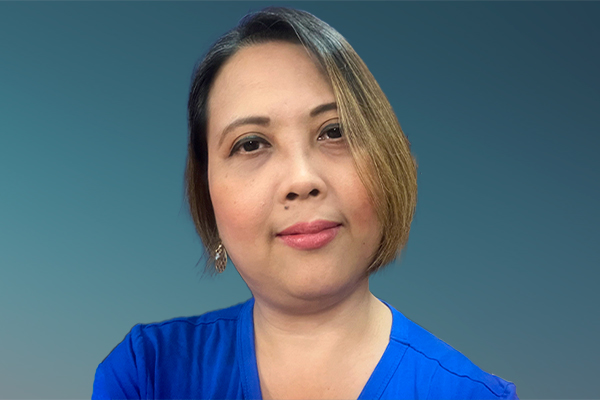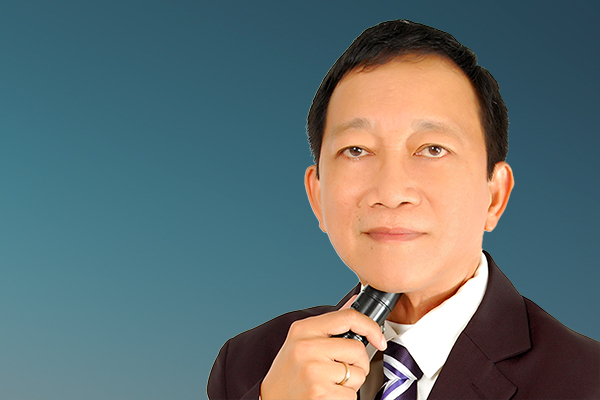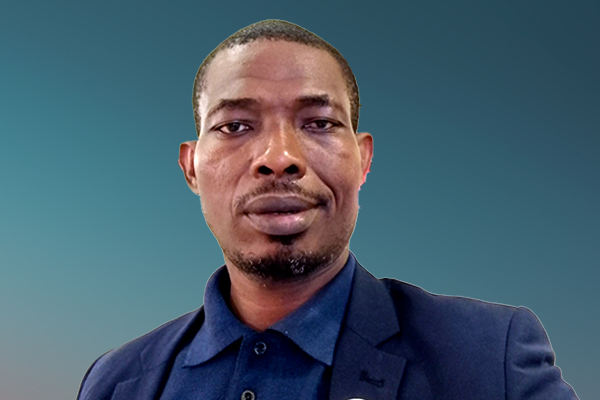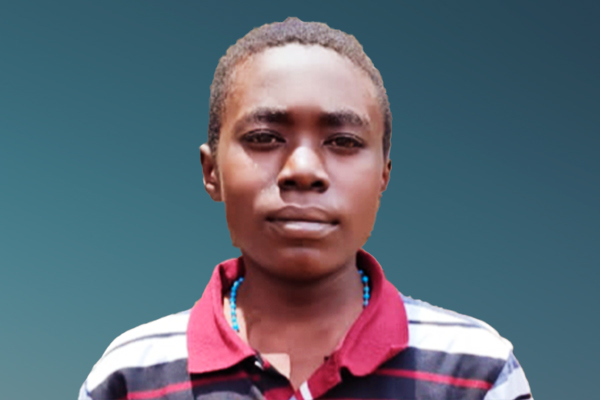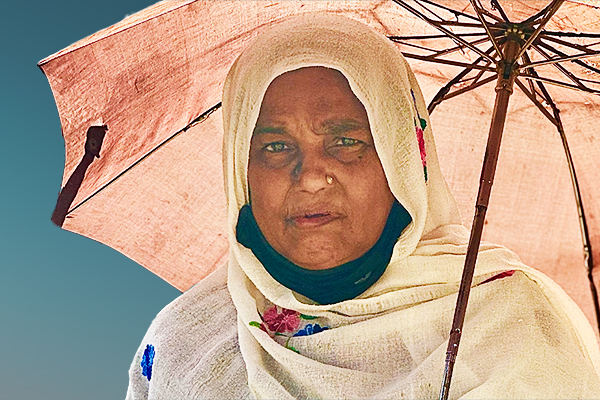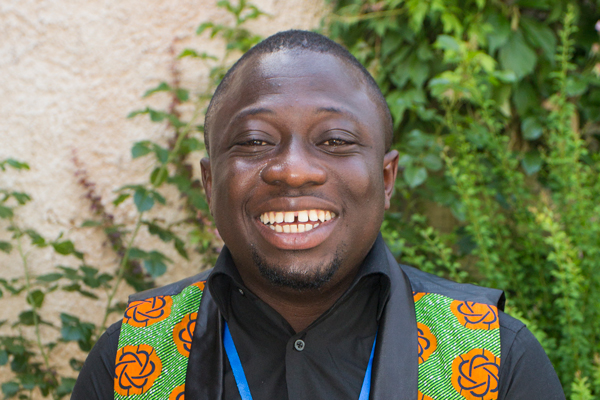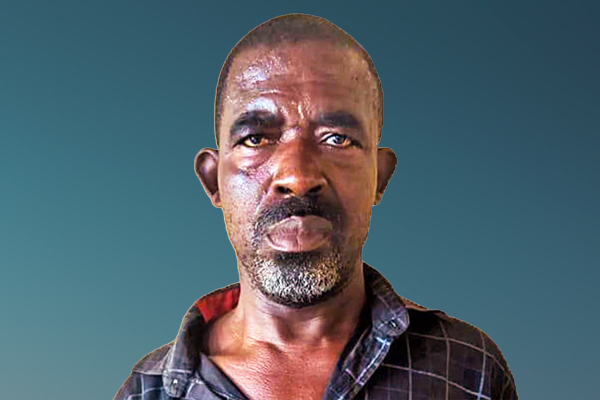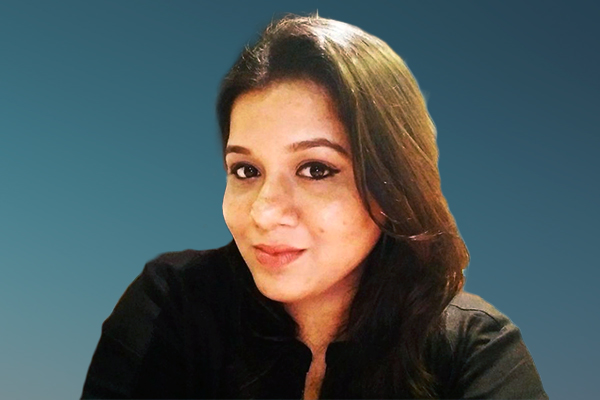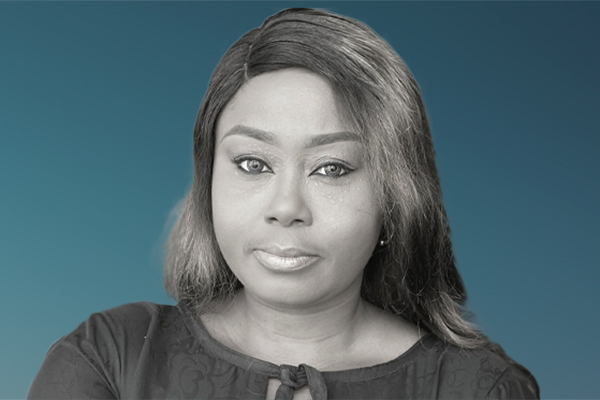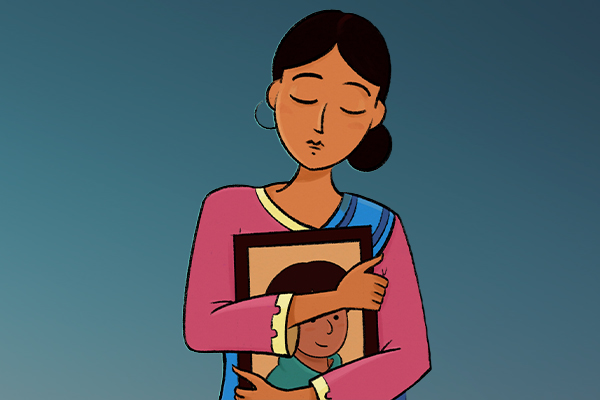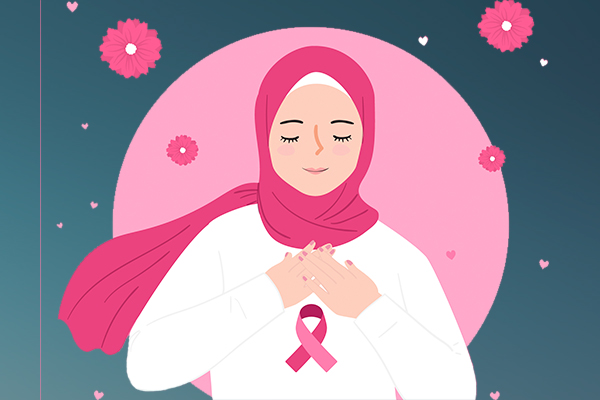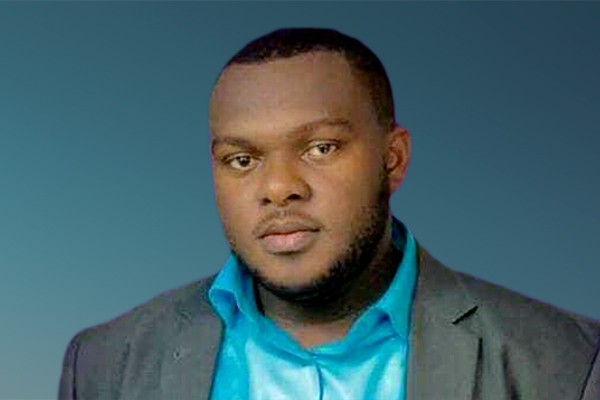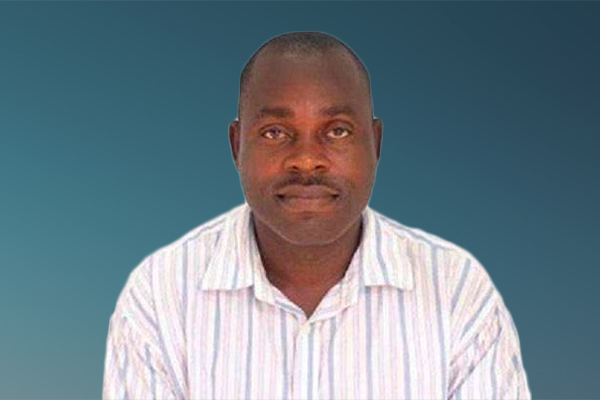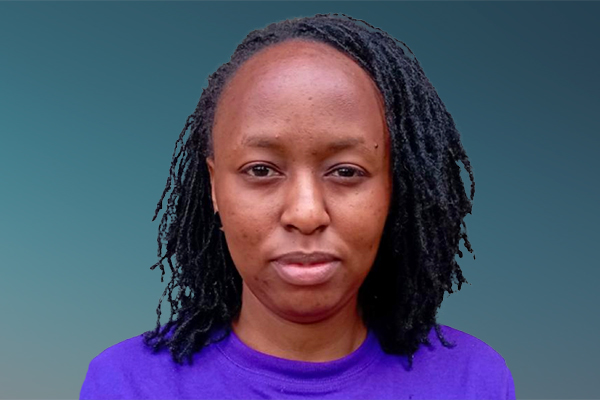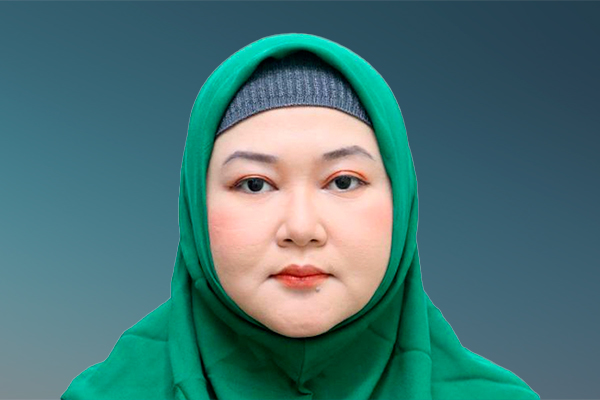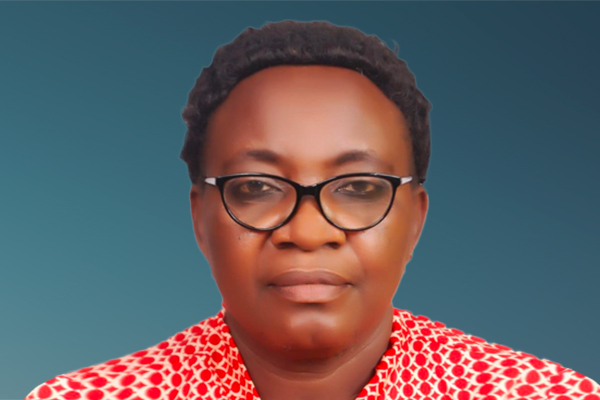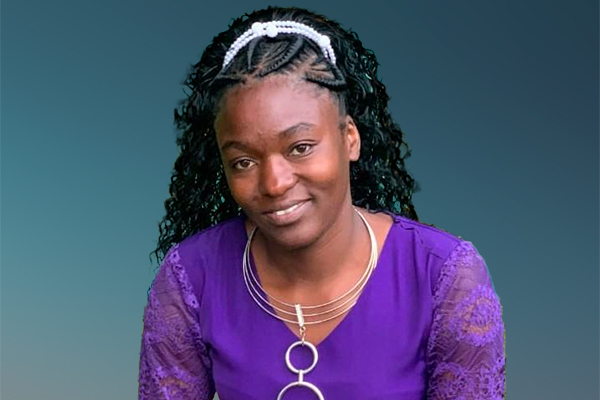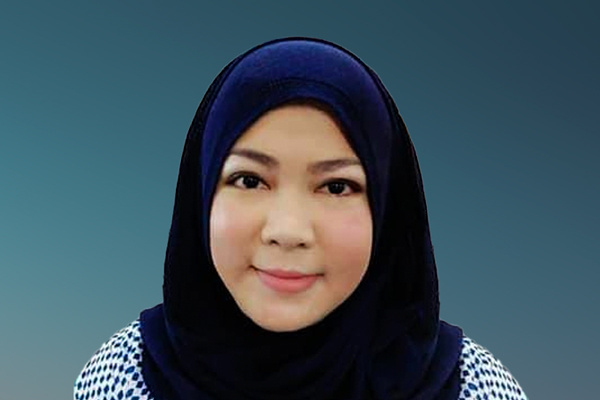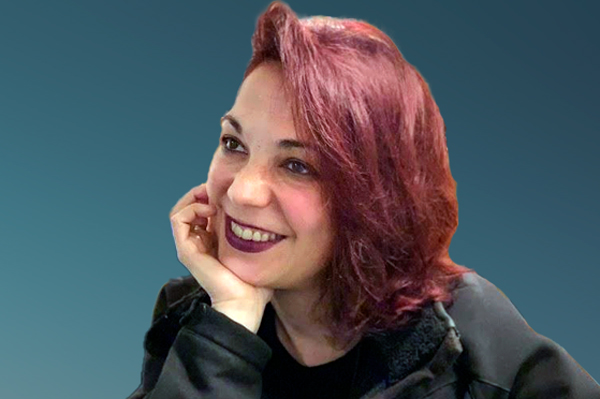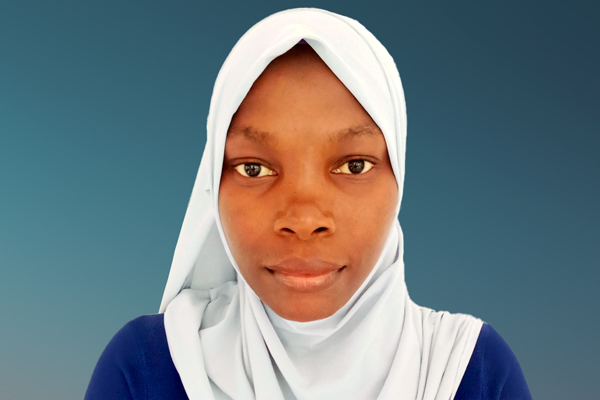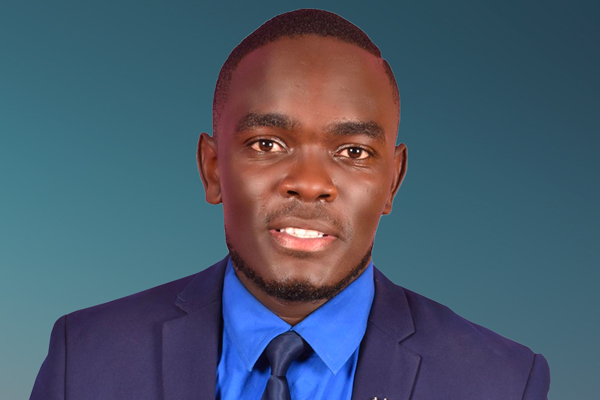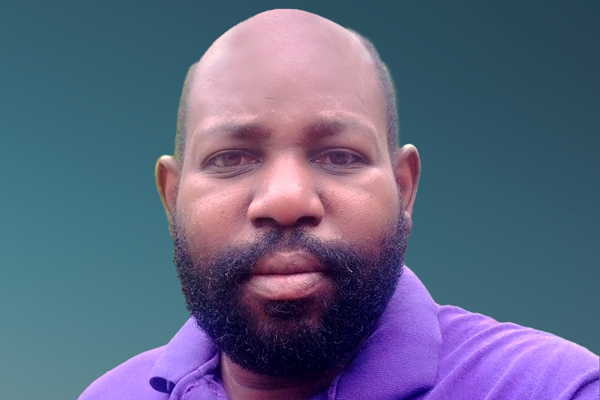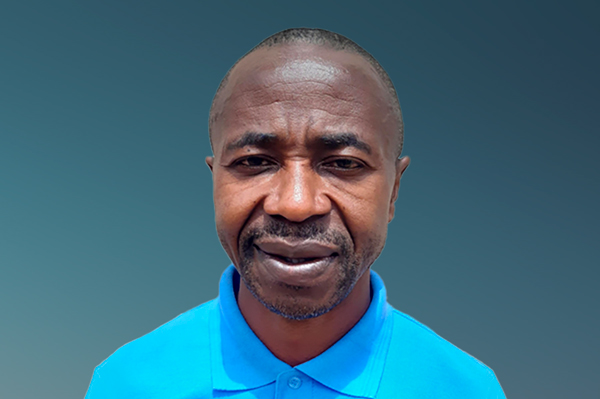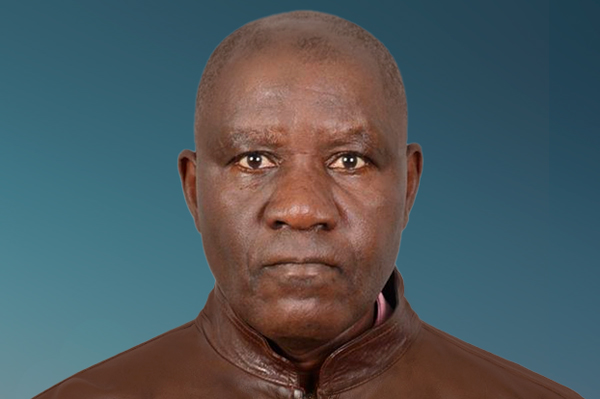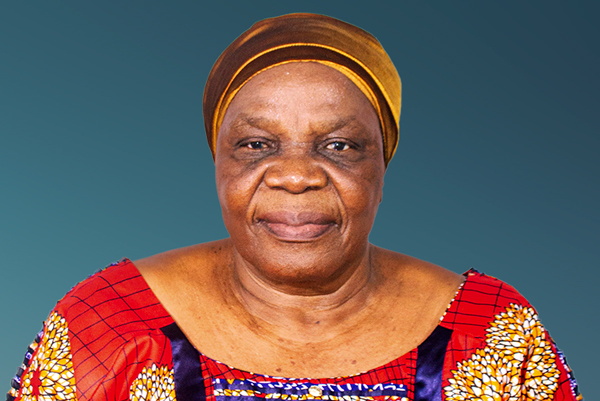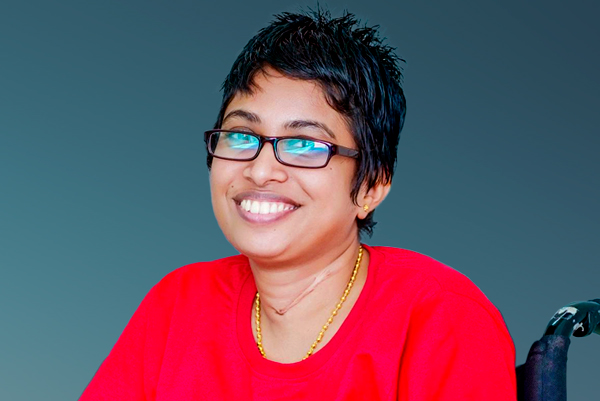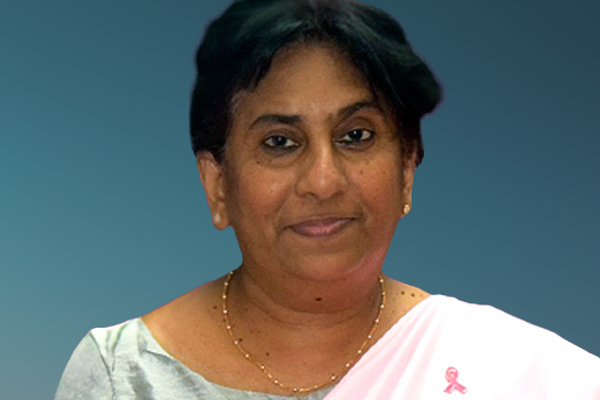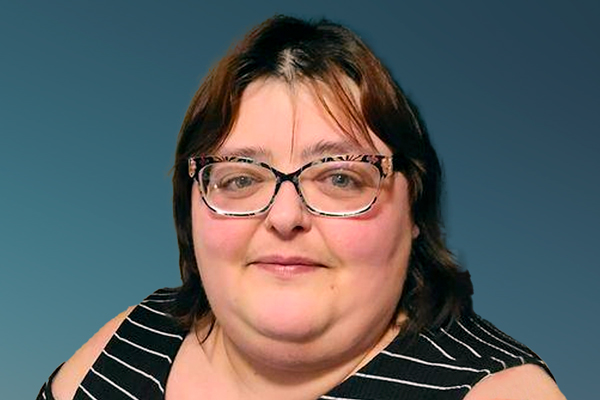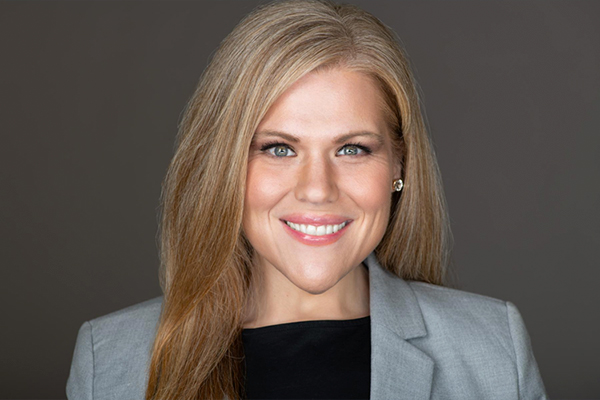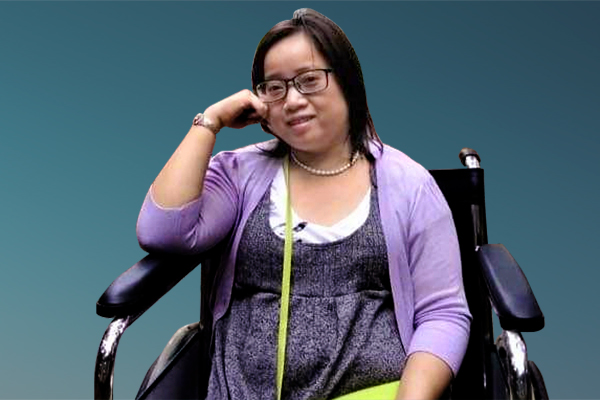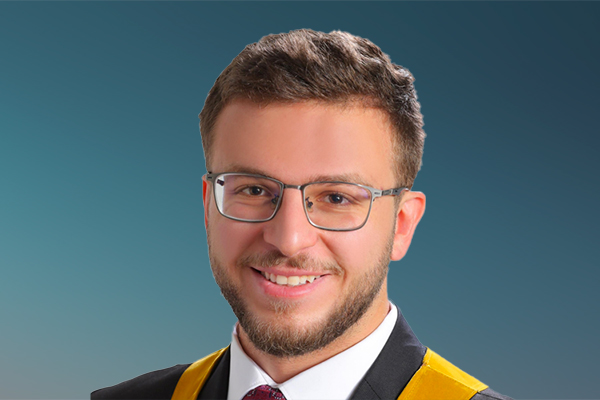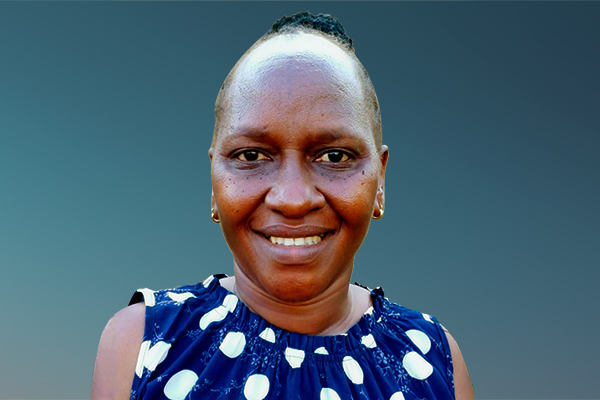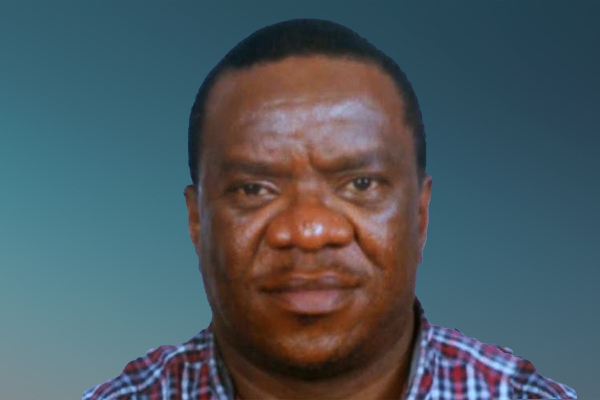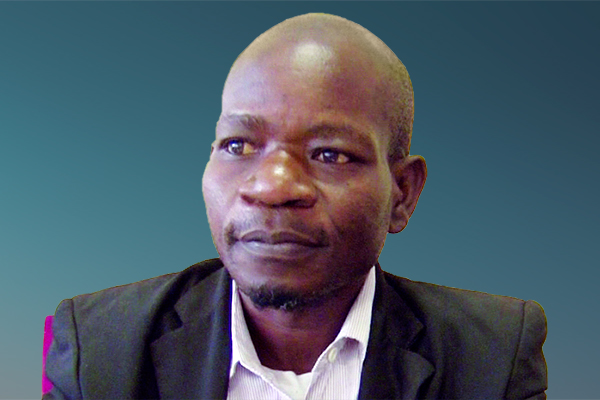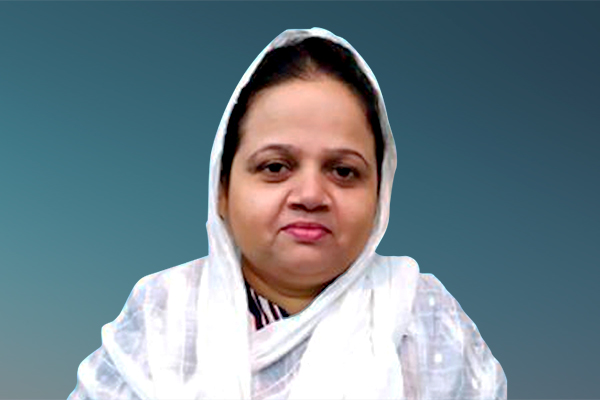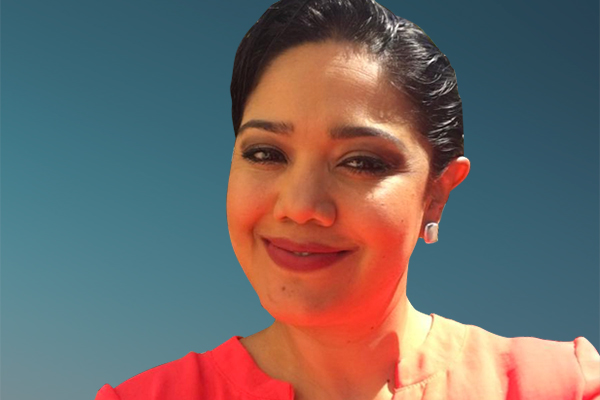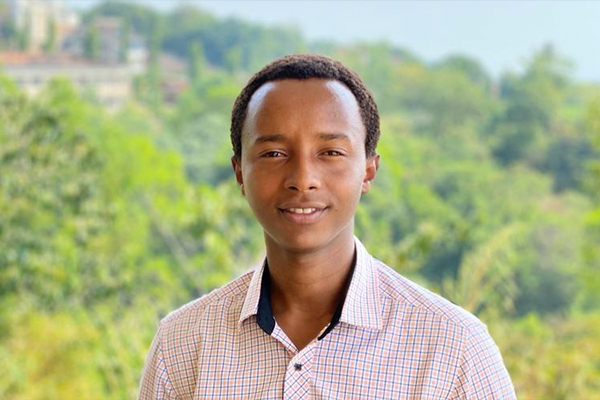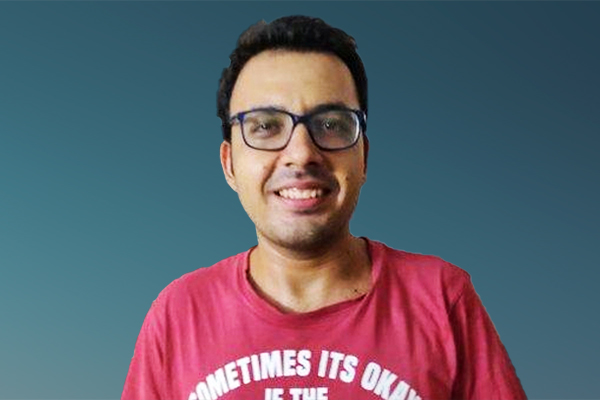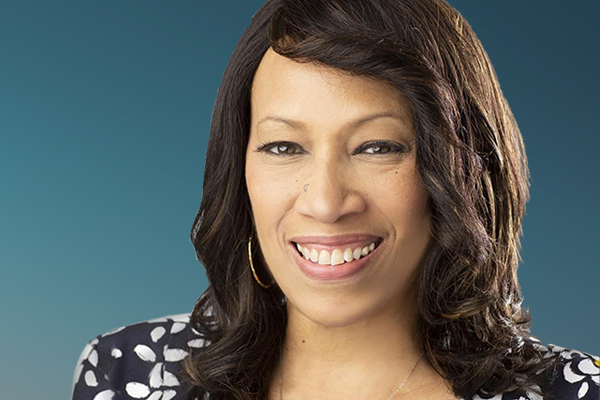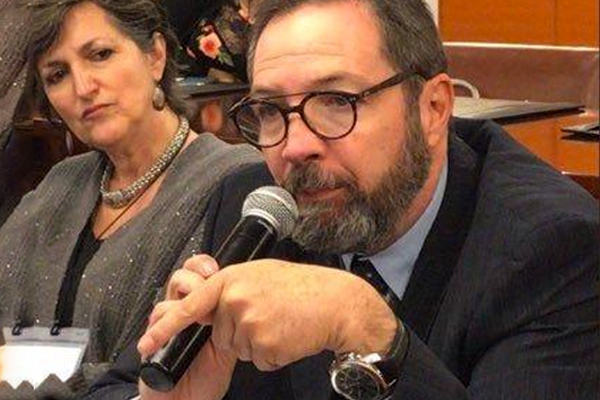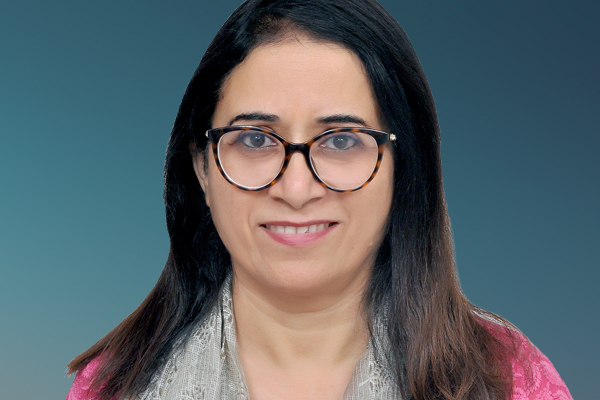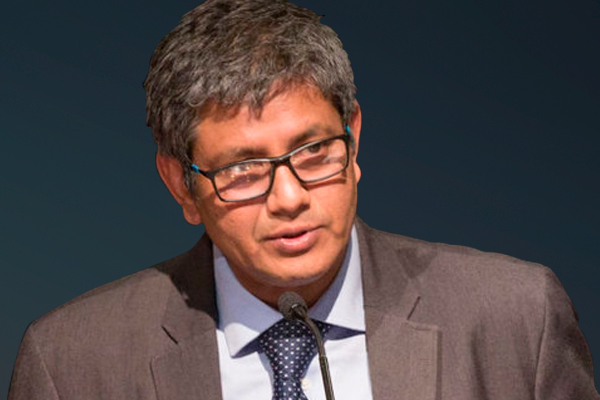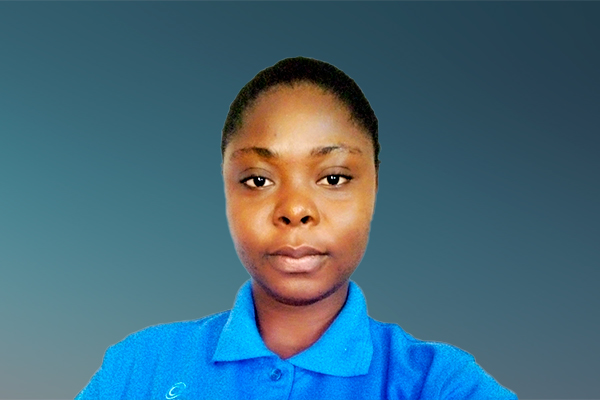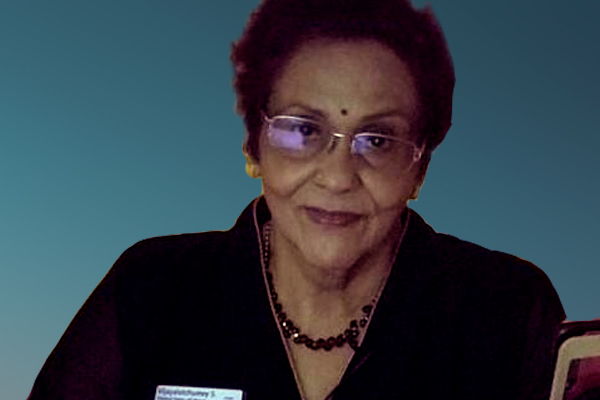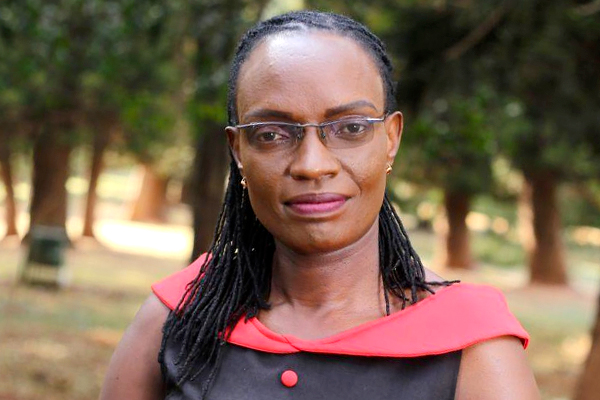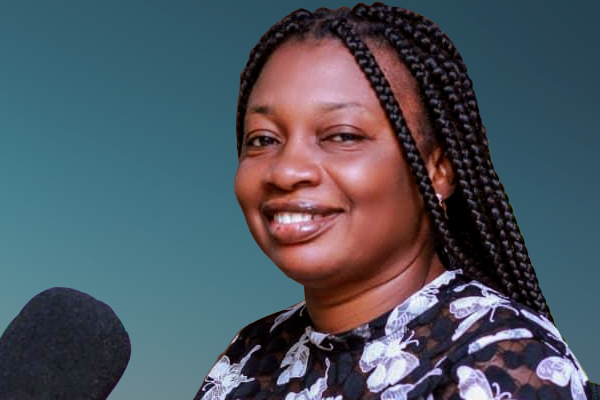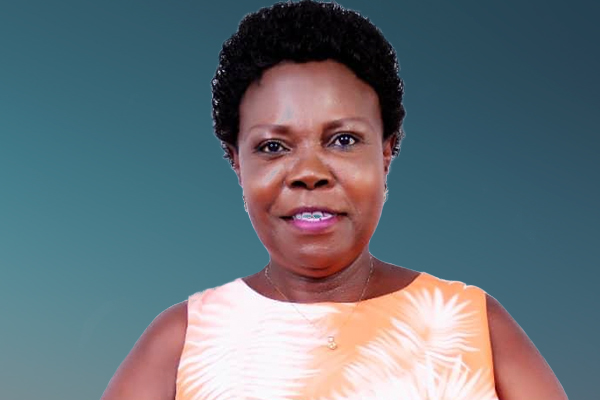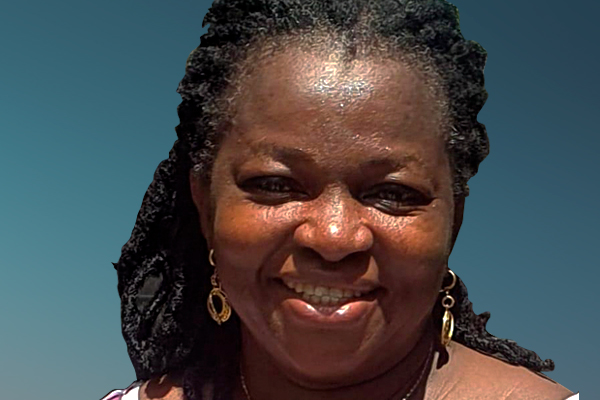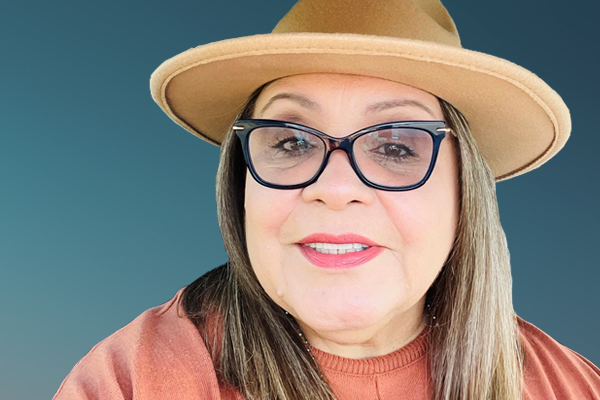Bonjour, je m'appelle Sabiha Khan et je suis originaire de New Delhi, en Inde. J’ai été aidante de mon fils qui vivait avec un cancer des os.
Je partage mon histoire parce que je veux une équité financière pour le traitement de toutes les maladies.
20 décembre 2023
Mon parcours en tant qu’aidante de mon fils qui vit avec le cancer
En avril 2020, pendant la pandémie de COVID‑19, la jambe de mon fils a enflé de façon inhabituelle et on lui a finalement diagnostiqué un cancer des os. Cela a été dur pour moi, en tant que mère, de le voir souffrir, et le stress a eu un gros impact sur mon propre état de santé aussi. En plus de prendre soin de lui, je priais tous les jours pour sa santé et son bien‑être.
À cause du COVID‑19, nous avons été confrontés à des retards pour obtenir des rapports médicaux, à des difficultés d’accès aux médicaments et à des tests COVID-19 constants en raison des passages fréquents à l’hôpital public, ce qui a augmenté nos frais. Le coût des médicaments et de la chimiothérapie était également trop élevé pour nous, et nous n’avions pas d’assurance maladie car nous n’avions pas les moyens de payer la cotisation. Lorsque mon fils a été transféré dans un hôpital privé, nous avons appris l’existence d’une carte de réduction sur les produits pharmaceutiques fournie par l’hôpital, qui nous accordait un pourcentage de remise sur les médicaments fixé en fonction de nos revenus annuels. Mais cet avantage était une goutte d’eau par rapport à l’ensemble des dépenses de traitement.
En plus des difficultés financières, l’état de santé de mon fils ne cessait de se détériorer. Entre le traitement médicamenteux lourd et la chimiothérapie, il a perdu près de quinze kilos. Les médecins ont alors recommandé l’amputation de sa jambe, et nous l’avons donc transféré dans un autre hôpital privé multi-spécialités. J’ai vendu la plupart de mes biens et utilisé mes économies pour lui offrir le meilleur traitement possible. Je me souviens encore parfaitement d’avoir dit à mon fils, en soins intensifs après son amputation, que cela n’affecterait pas sa vie.
En avril 2021, les médecins nous ont informés que la chimiothérapie n’était plus nécessaire et nous ont demandé de passer une radio tous les trois mois. Tout s’est effondré autour de moi à la troisième radio, lorsque les médecins nous ont dit que le cancer s’était propagé à ses poumons et que tout traitement était désormais inutile. Nous nous sommes rendus à Mumbai pour consulter un oncologue dans un autre hôpital spécialisé en cancérologie. Là aussi, les médecins ont indiqué que le traitement ne servirait plus à rien et nous ont aidés à prendre des dispositions pour le ramener à la maison et organiser des soins à domicile. Ils ont dit que si nous l’avions fait diagnostiquer plus tôt à Mumbai, il aurait peut-être survécu. Nous sommes passés par quatre hôpitaux dans deux villes, mais malgré tous nos efforts et nos prières, je n’ai pas pu sauver mon fils.
En tant qu’aidante de mon fils, j’ai ressenti sa douleur et sa peur. Je témoigne ici aujourd’hui dans l’espoir que des voix comme la mienne puissent être entendues et que des mesures plus vigoureuses puissent être prises pour renforcer l’accès équitable aux soins pour les personnes vivant avec des MNT telles que le cancer.
1 février 2024
Inégalités partagées
Les personnes qui, comme moi, ont des revenus modestes doivent généralement assumer la charge financière des examens diagnostiques, traitements et médicaments des maladies chroniques telles que le cancer, qui sont coûteux. J’aimerais vous faire part d’un épisode malheureux de ce type. L’un de mes proches qui souffrait d’insuffisance rénale chronique et de problèmes intestinaux, a été renvoyé dans un hôpital public, après un traitement prolongé dans un hôpital privé spécialisé, en raison de problèmes financiers. Malheureusement, on lui a diagnostiqué un cancer de l’intestin et il est décédé. Je pense que le traitement et le bien-être des patients devraient être la principale priorité de notre système de santé. Quelle que soit leur capacité financière, les individus devraient avoir accès à des services de santé de qualité.
Parallèlement à cela, un manque de sensibilisation aux facteurs de risque, signes et symptômes des MNT expose chacun d’entre nous à un risque accru. Il y a certains stades du cancer que nous ne connaissions pas. Au début, je ne savais pas que le gonflement et la douleur ressenties par mon fils étaient dues au cancer. Récemment, j’ai été témoin d’un autre cas :on a diagnostiqué à l’une de mes voisines un cancer du sein en phase terminale. Dans son cas, il y avait une stigmatisation liée au cancer du sein, comme la peur que le cancer soit contagieux, et la peur de se retrouver isolée au sein de sa famille et de sa communauté. Cela a retardé le moment où ma voisine a cherché à se faire soigner. Comme elle connaissait mal la gravité de la maladie et qu’elle redoutait l’isolement, elle a pris des médicaments de guérisseurs traditionnels qui n’étaient pas efficaces pour traiter le cancer du sein.
Comme j’avais géré le cancer de mon fils, j’ai conseillé à ma voisine d’aller voir un médecin, à la suite de quoi un diagnostic clinique a été posé. Je suis convaincue que la peur et la stigmatisation liées aux cancers, en particulier le cancer du sein, entraînent un retard dans la recherche d’un traitement.
Parmi les responsabilités des aidants confrontés à des maladies chroniques telles que le cancer, on a l’aide aux activités quotidiennes, le transport, la gestion de la prise des médicaments, la consultation de différents médecins pour obtenir plusieurs avis et la répétition de nombreux examens médicaux. J’ai l’impression que chaque aidant passe par des émotions fortes telles que l’angoisse, la colère, la peur, le déni et le désespoir tout au long de son parcours avec les MNT. Toutes ces expériences conduisent généralement à un épuisement physique et mental. Les aidants ont du mal à maintenir un équilibre entre leur propre santé et celle de leurs proches. Les aidants et les personnes vivant avec des MNT doivent être impliqués de manière significative dans leurs propres décisions concernant leurs soins de santé. Cela nous permettra d’exprimer un avis sur les différentes options de traitement disponibles et de plaider en faveur d’un système de santé davantage centré sur la personne.
21 décembre 2024
Réduire les écarts pour les personnes vivant avec des MNT et leurs aidants
L’un des plus grands défis auxquels nous sommes confrontés lorsque nous naviguons dans le système de soins de santé est la fragmentation du système d’orientation, qui entraîne des retards dans la recherche d’une prise en charge. Je crois fermement qu’un système d’orientation efficace est primordial pour assurer un accès plus équitable au diagnostic et à l’ensemble du continuum de soins des MNT aux différents niveaux des services de santé, quel que soit le statut socio-économique. C’est pour cela que je demande au gouvernement de renforcer les systèmes d’orientation et d’assurer un accès rapide aux soins.
Le manque de connaissances en matière de santé au sein des communautés nuit à l’efficacité des campagnes de sensibilisation existantes. Il y a un manque généralisé de sensibilisation aux signes et symptômes des MNT, ce qui contribue à retarder la recherche d’un traitement. Parfois, nous ne comprenons pas les messages de sensibilisation, soit à cause de la barrière de la langue, soit parce que les mots et la terminologie employés sont compliqués. C’est l’une des principales raisons pour lesquelles il existe encore des idées reçues et une stigmatisation importantes liées aux MNT, en particulier le cancer.
Autre grande revendication adressée au gouvernement : le renforcement de la prévention du cancer à travers des programmes d’éducation et de sensibilisation à la santé dont la mise en œuvre doit être assurée de manière efficace au niveau communautaire. Les Ayushman Arogya Mandir Health Melas (salons de la santé organisés dans le cadre d’Ayushman Bharat, un programme phare en Inde visant à fournir une gamme élargie de services de soins de santé primaires) peuvent être mis à profit pour accroître encore la sensibilisation.
L’implication des soignants et des patients dans la prise en charge des MNT est cruciale, car leurs expériences influent sur les choix, les attentes et les préférences concernant les futures rencontres avec le système de santé. Pour créer un système de santé adapté et centré sur la personne, il est nécessaire d’inclure les points de vue des aidants et de comprendre leurs expériences. Par conséquent, j’exhorte les instances gouvernementales et les professionnels de la santé à inclure les aidants dans la prise de décision et à renforcer leurs capacités à participer à l’organisation et à la planification des soins, ainsi qu’aux discussions sur la qualité et l’accès aux soins.
Carnets MNT
En tant qu'aidante, je souhaite que personne n'ait à subir le traumatisme de la perte d'un être cher. Je veux qu'il y ait une équité financière dans le traitement pour les riches comme pour les pauvres afin de garantir l'inclusion dans le cadre de la couverture sanitaire universelle (CSU).
Sabiha Khan, expérience vécue de cancer, Inde
À PROPOS DES CARNETS MNT
Les Carnets MNT utilisent des approches multimédia riches et immersives pour partager un vécu afin de susciter le changement, en utilisant un format de discours public.

